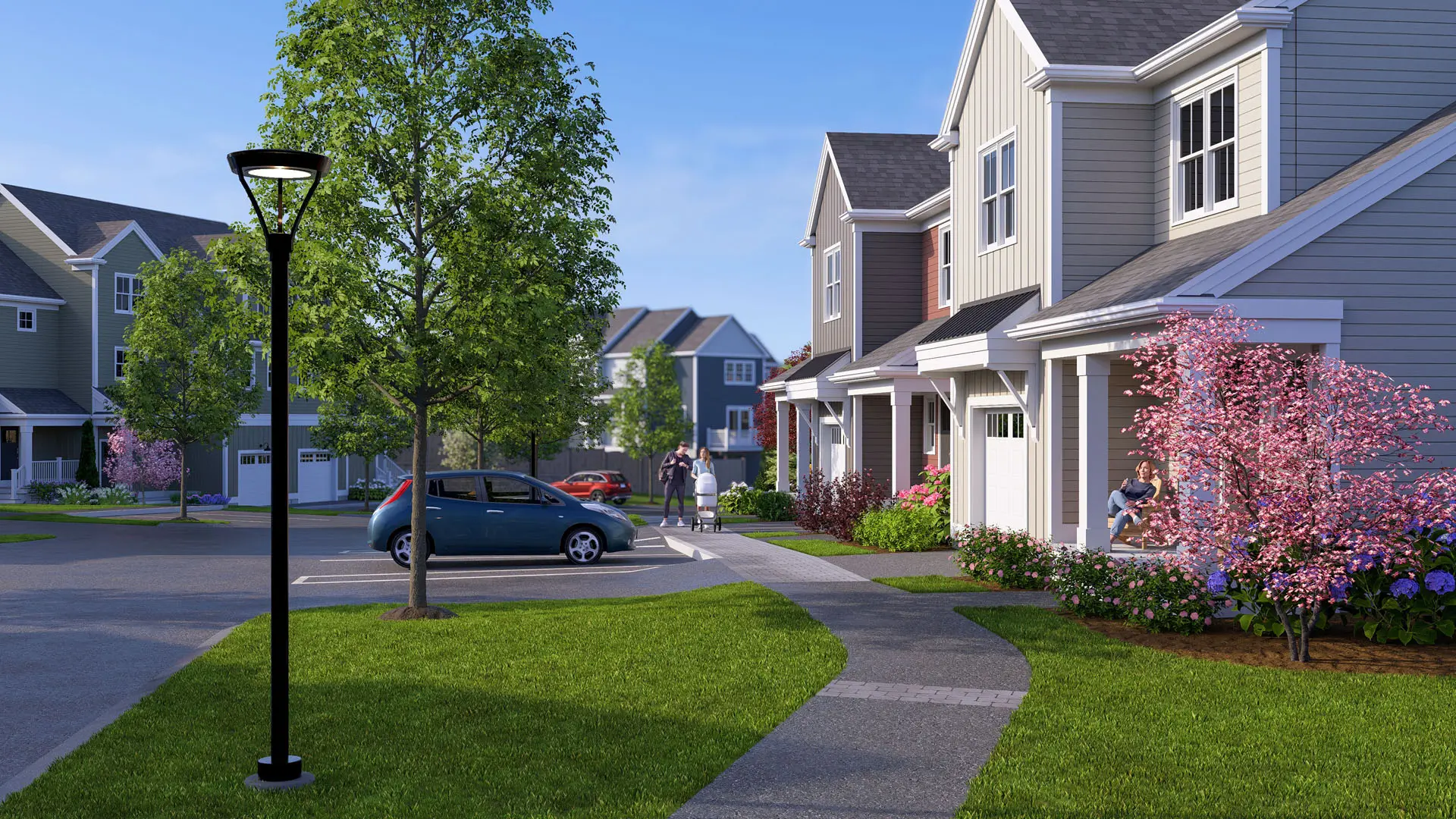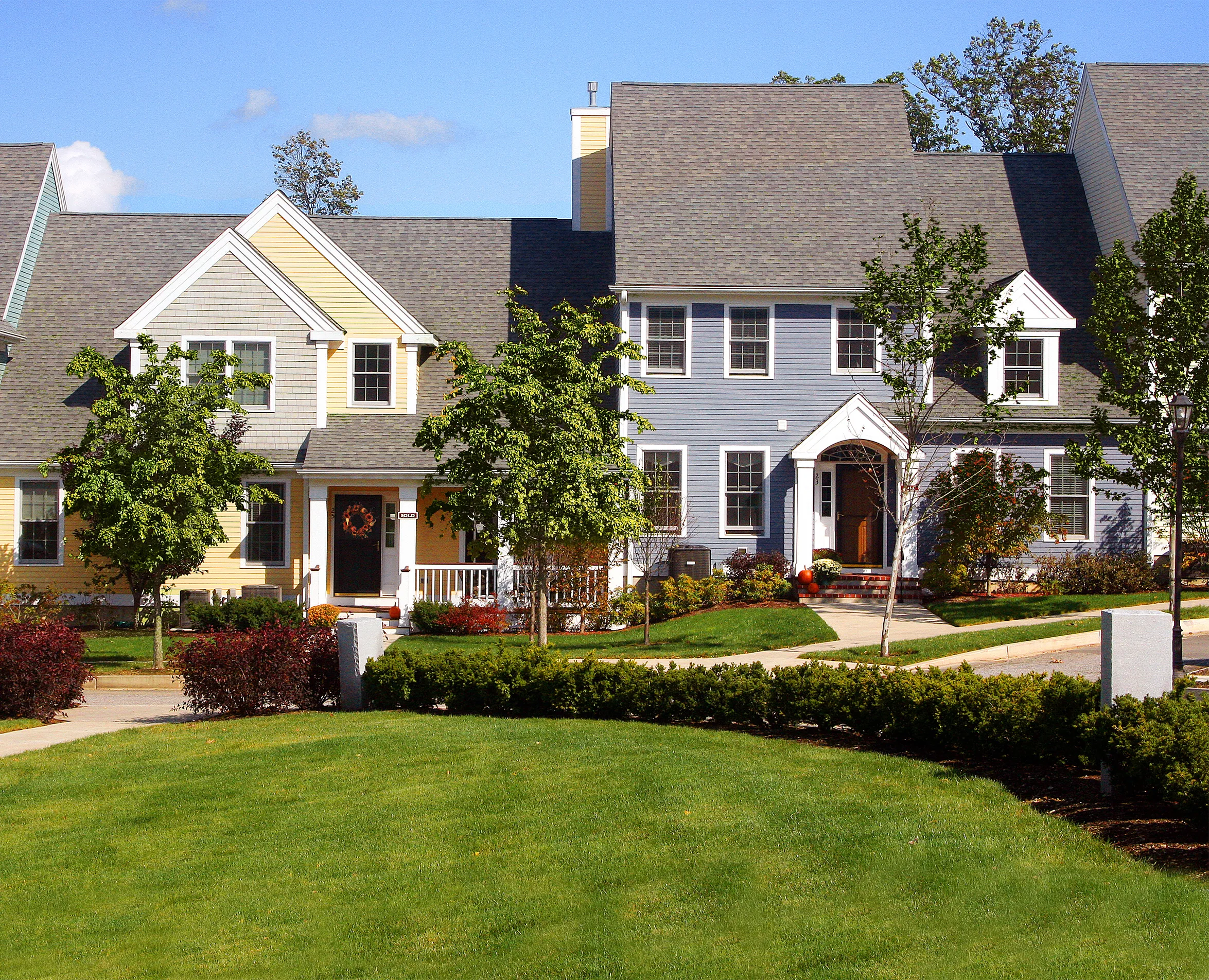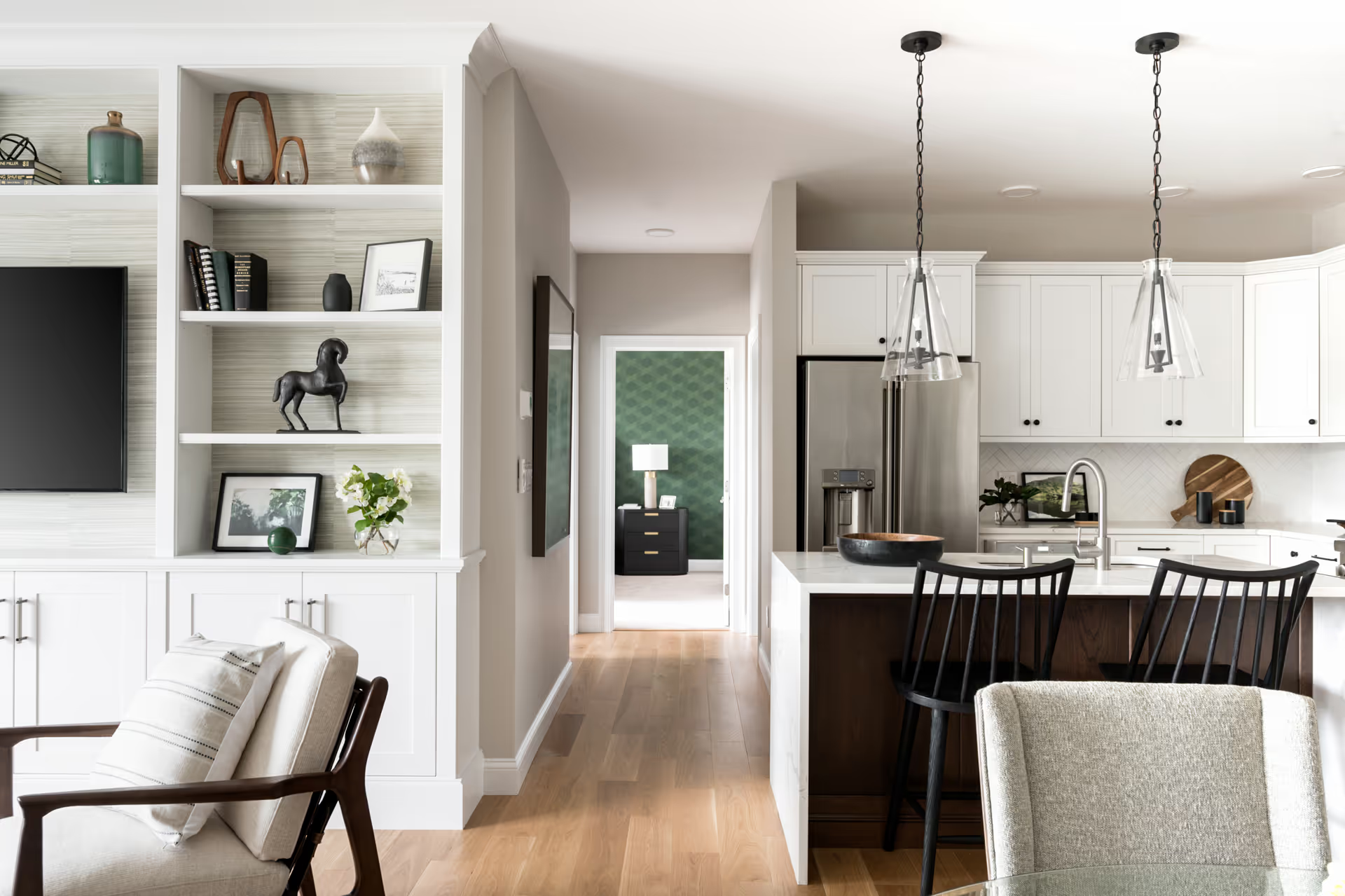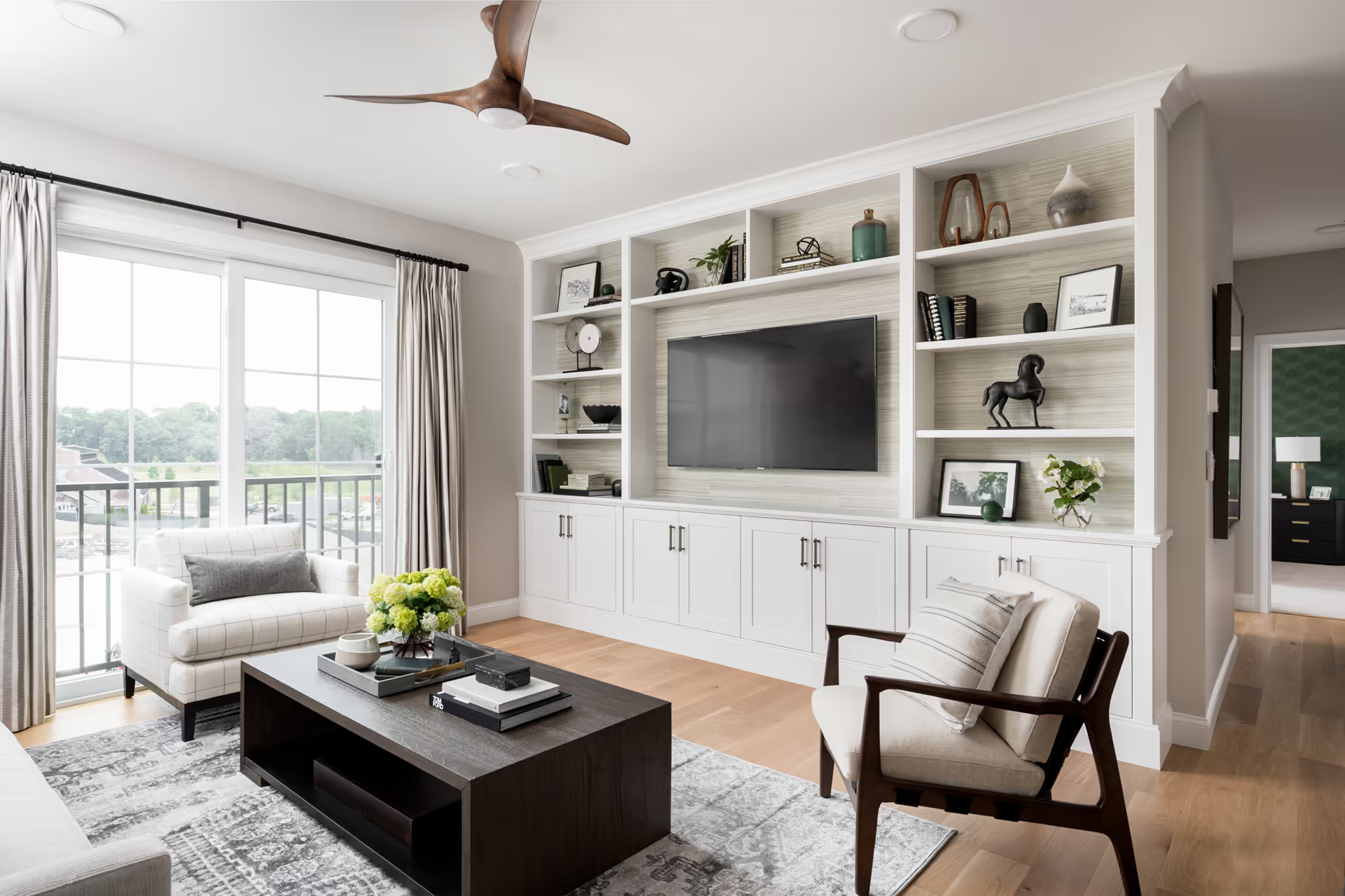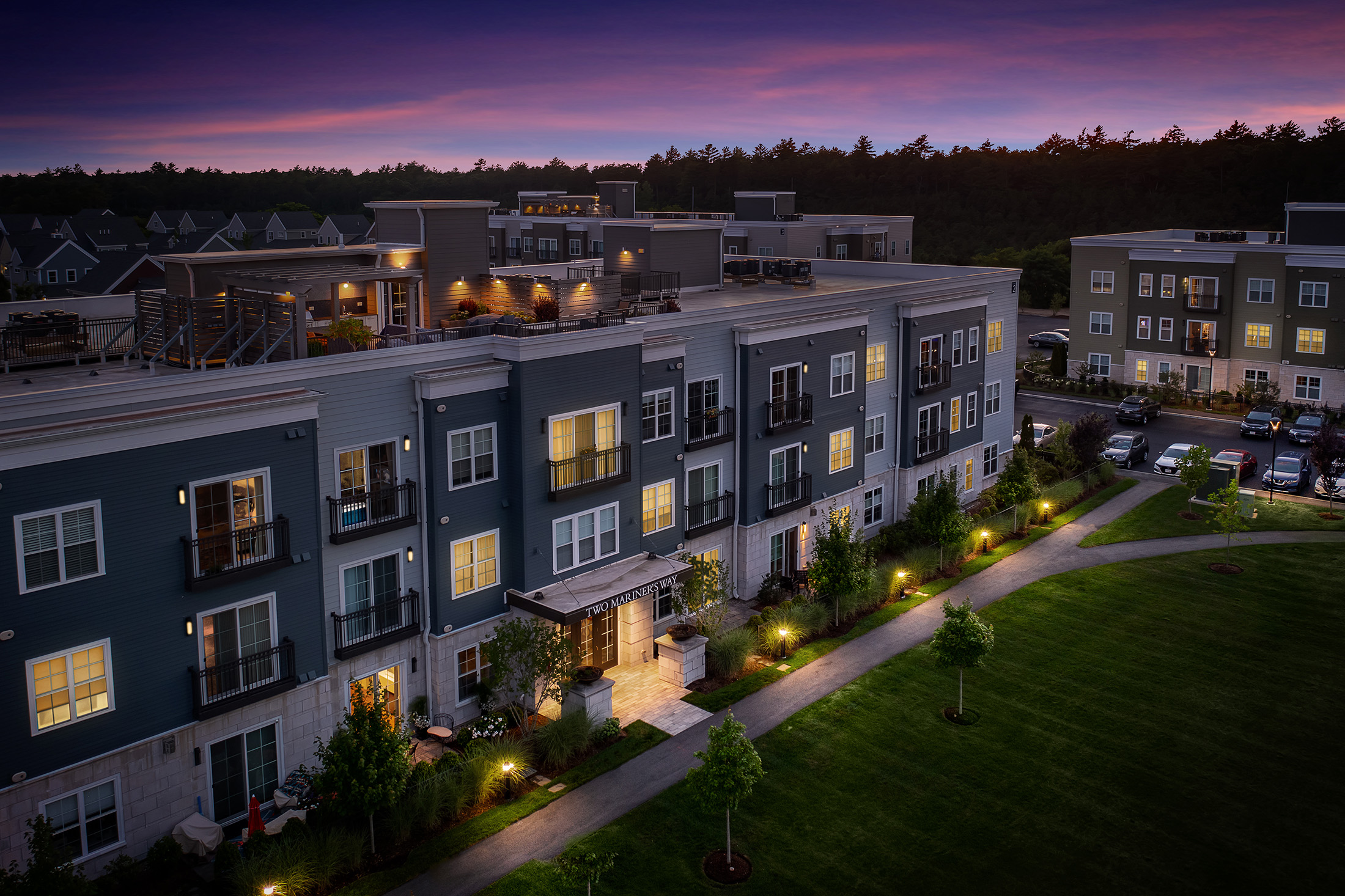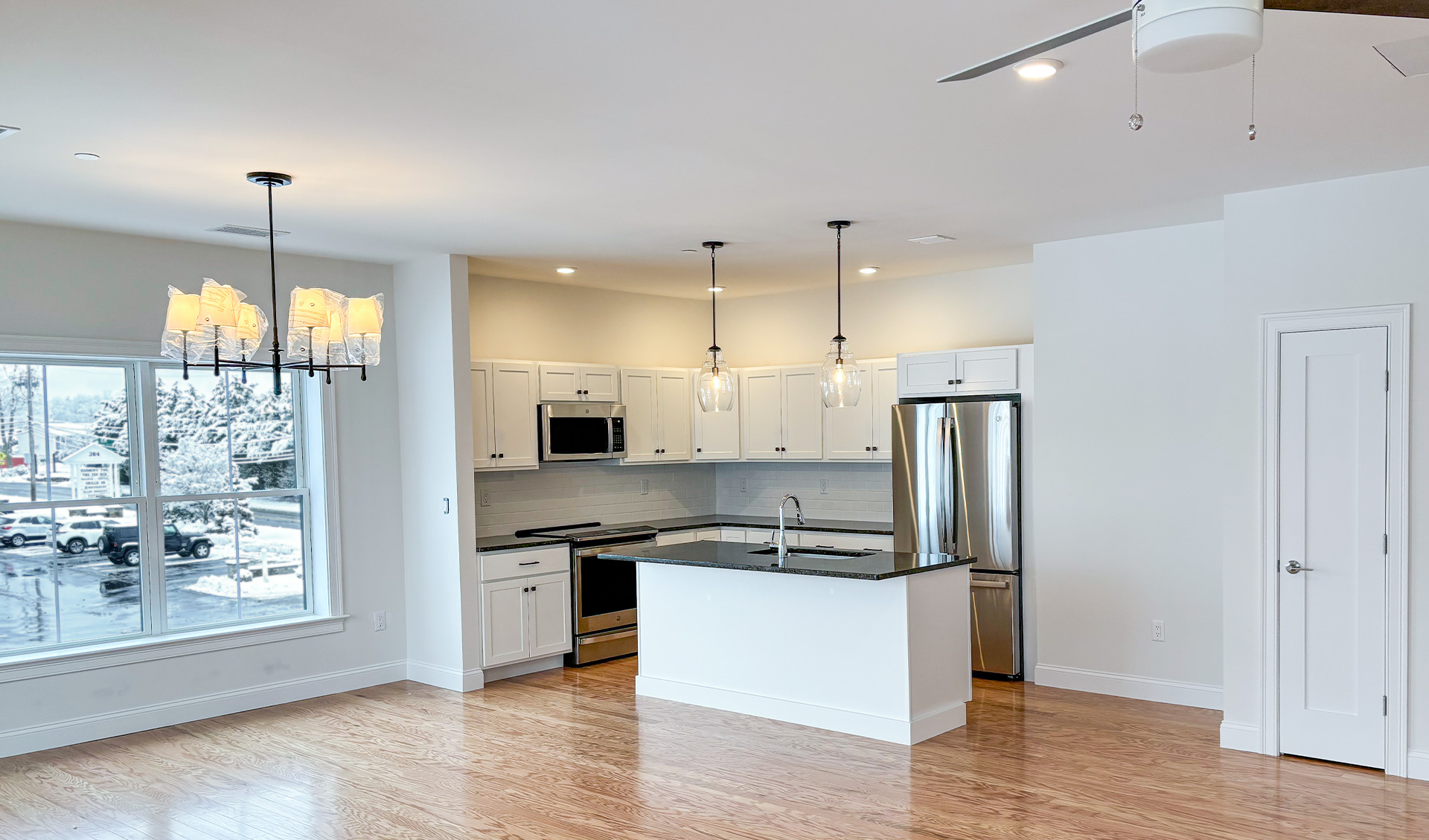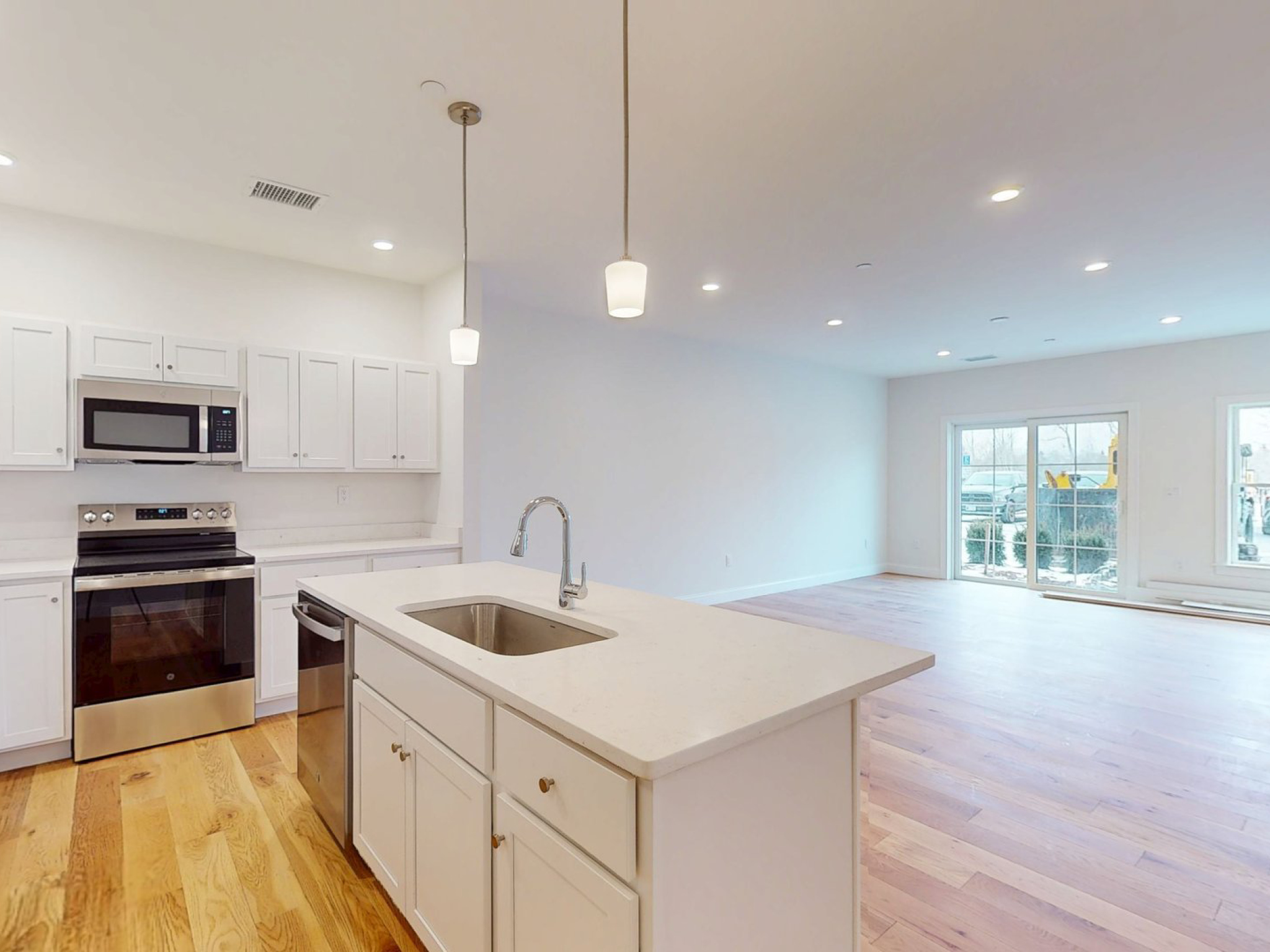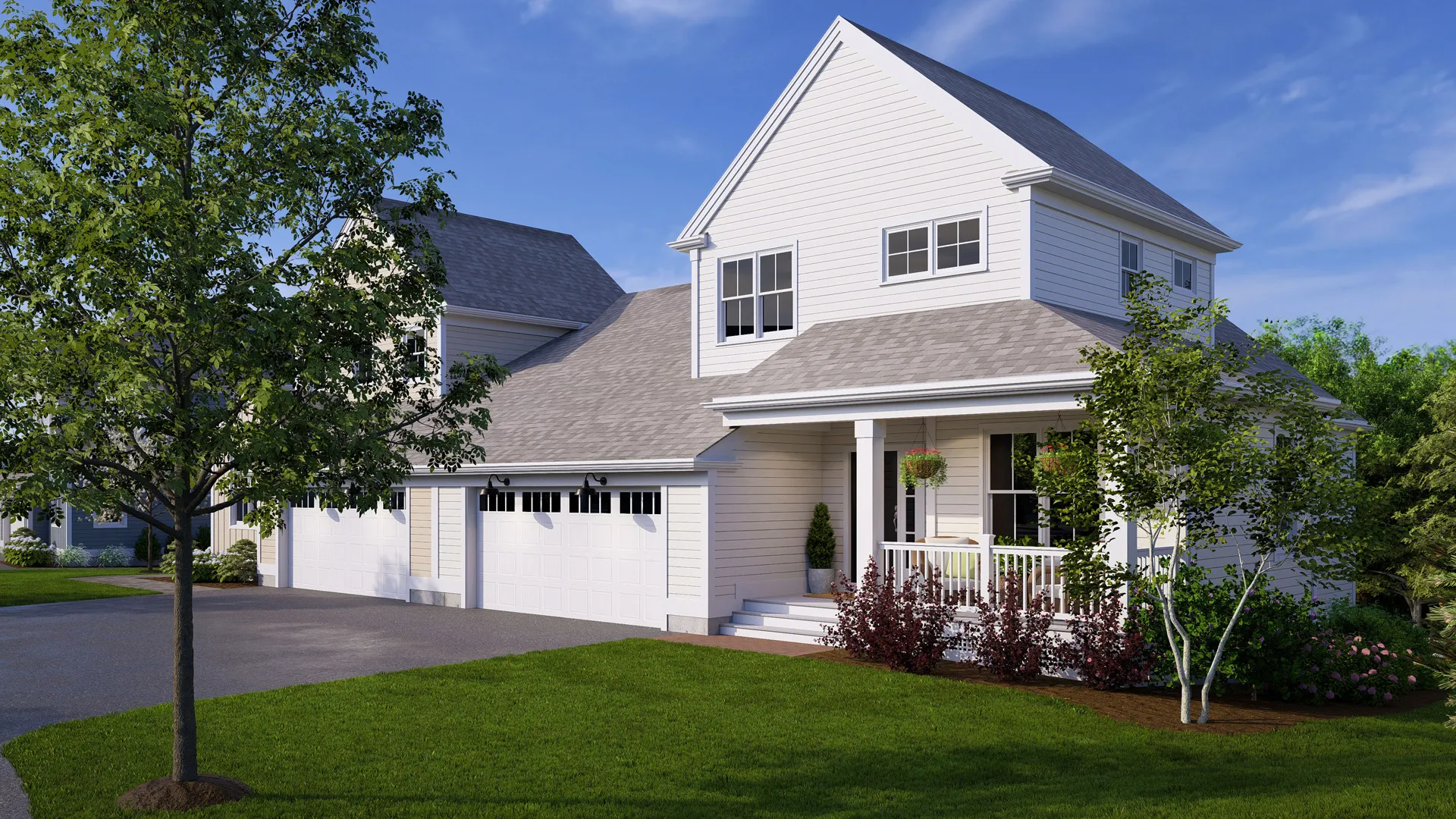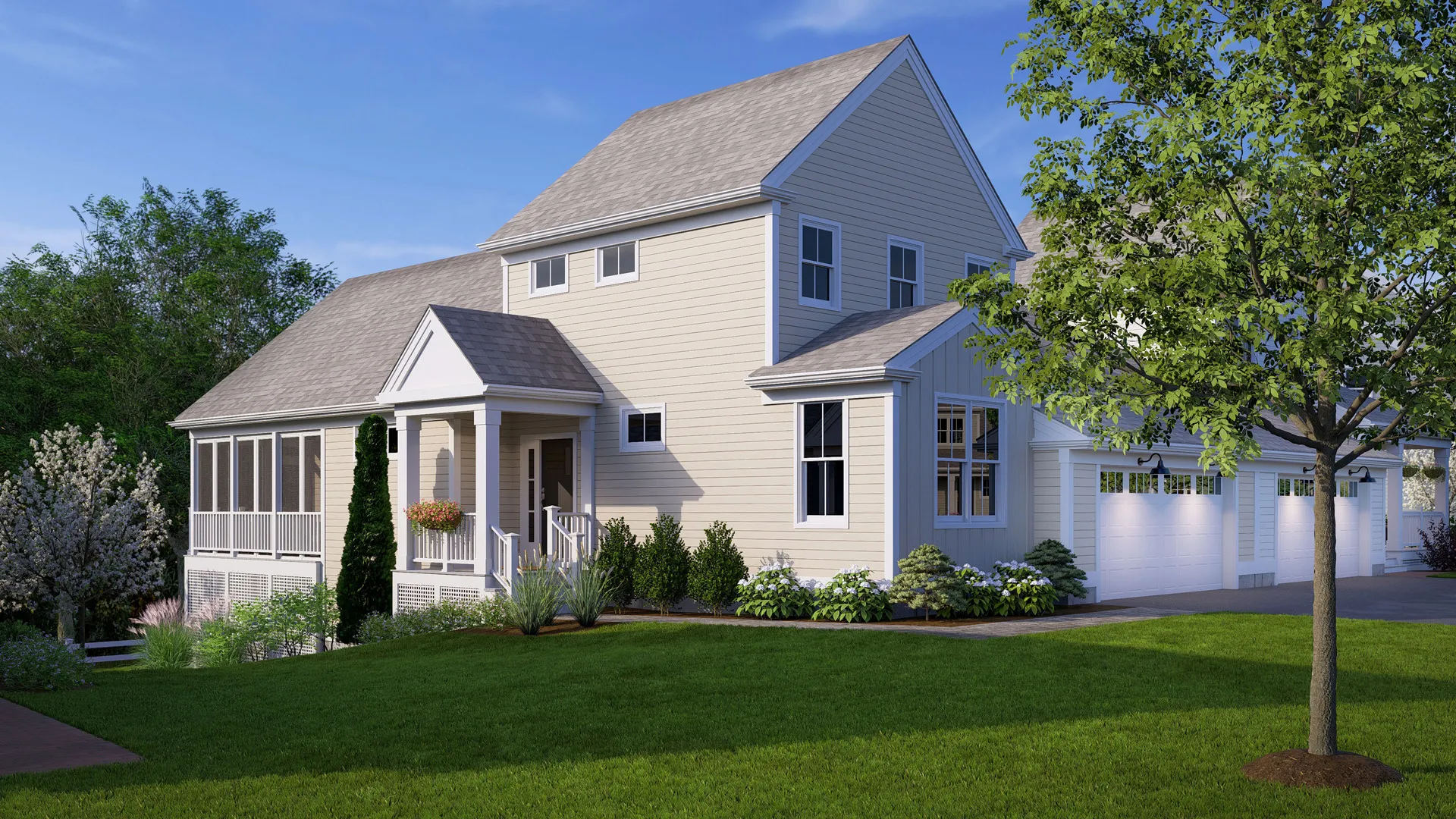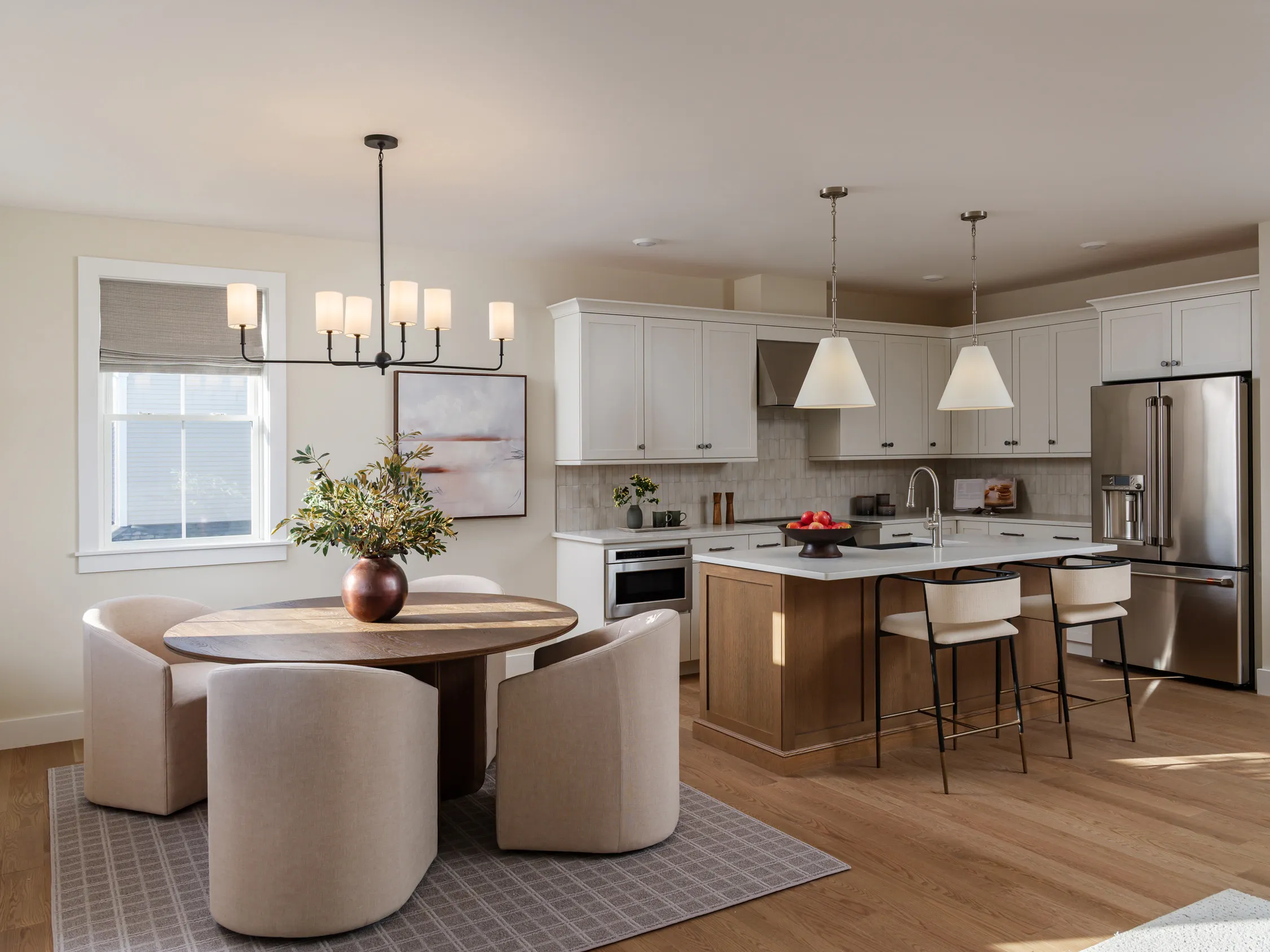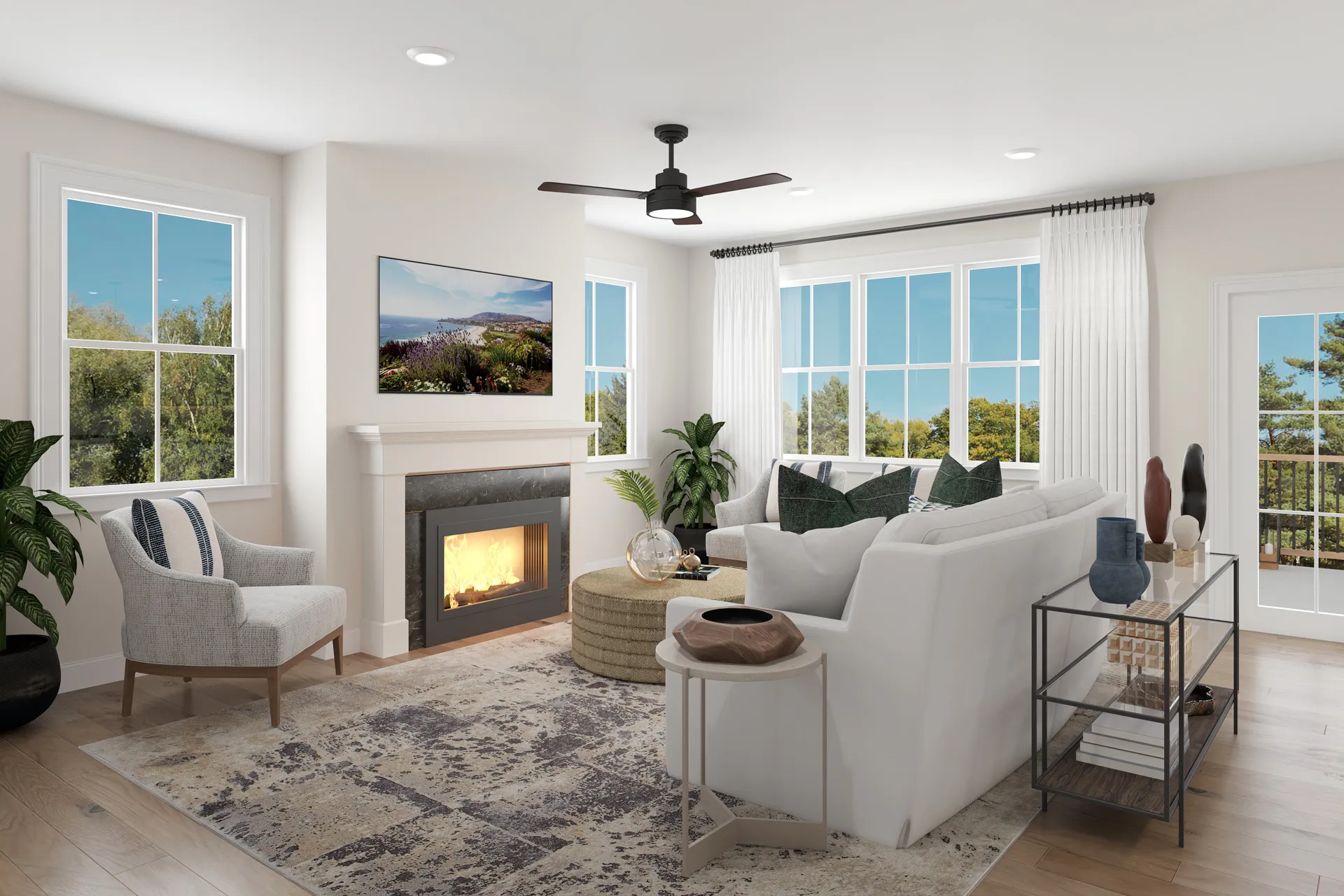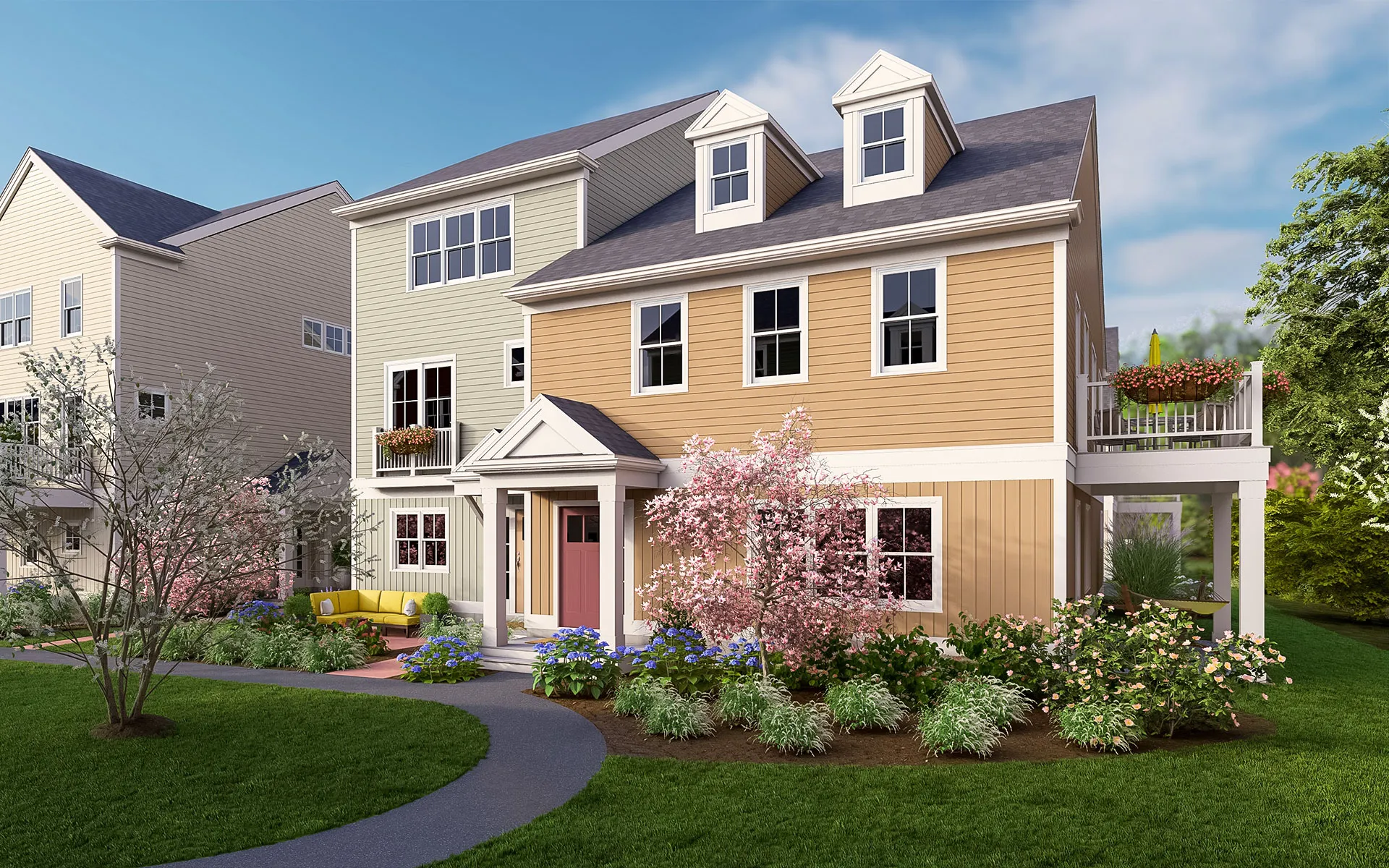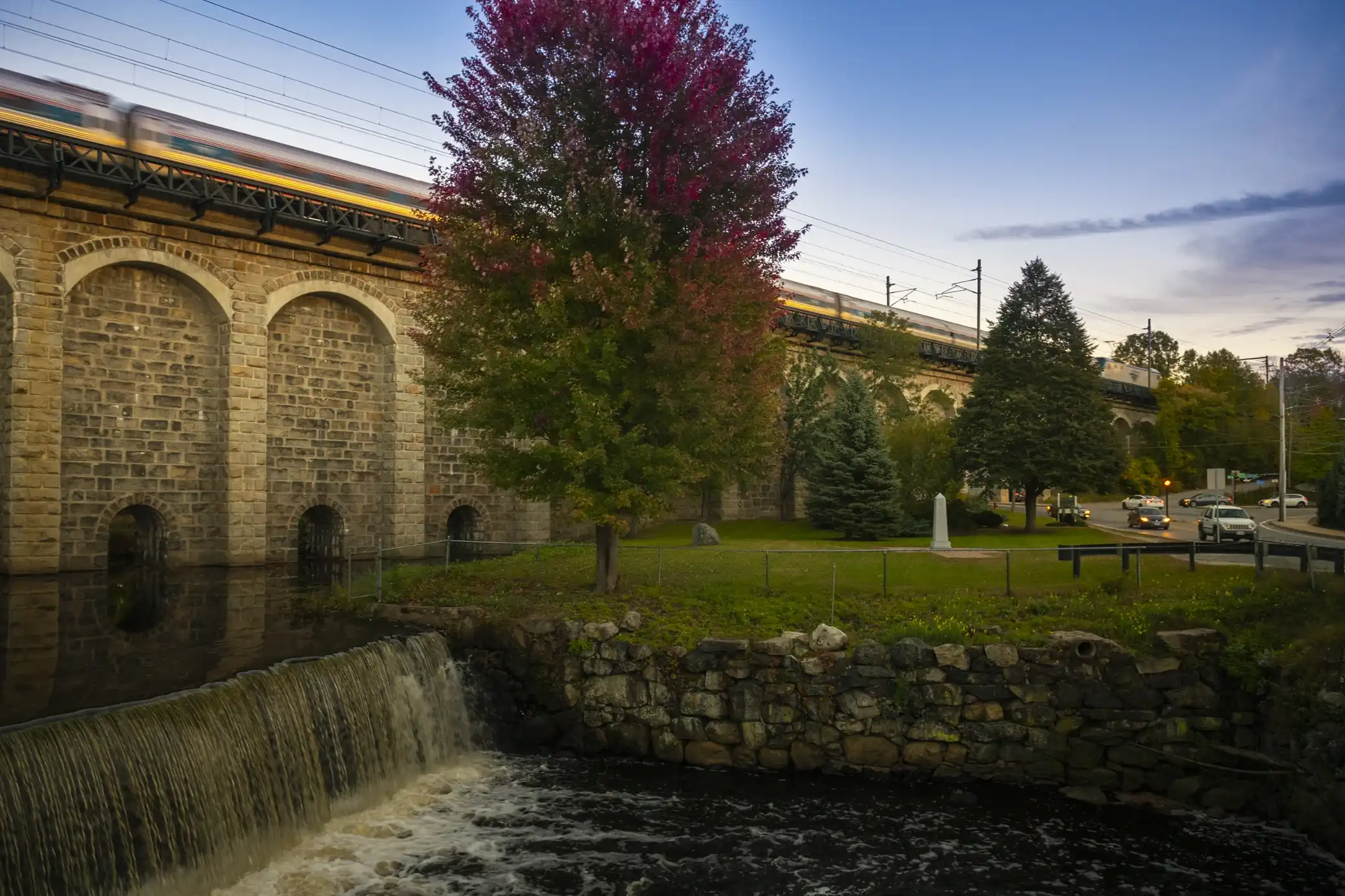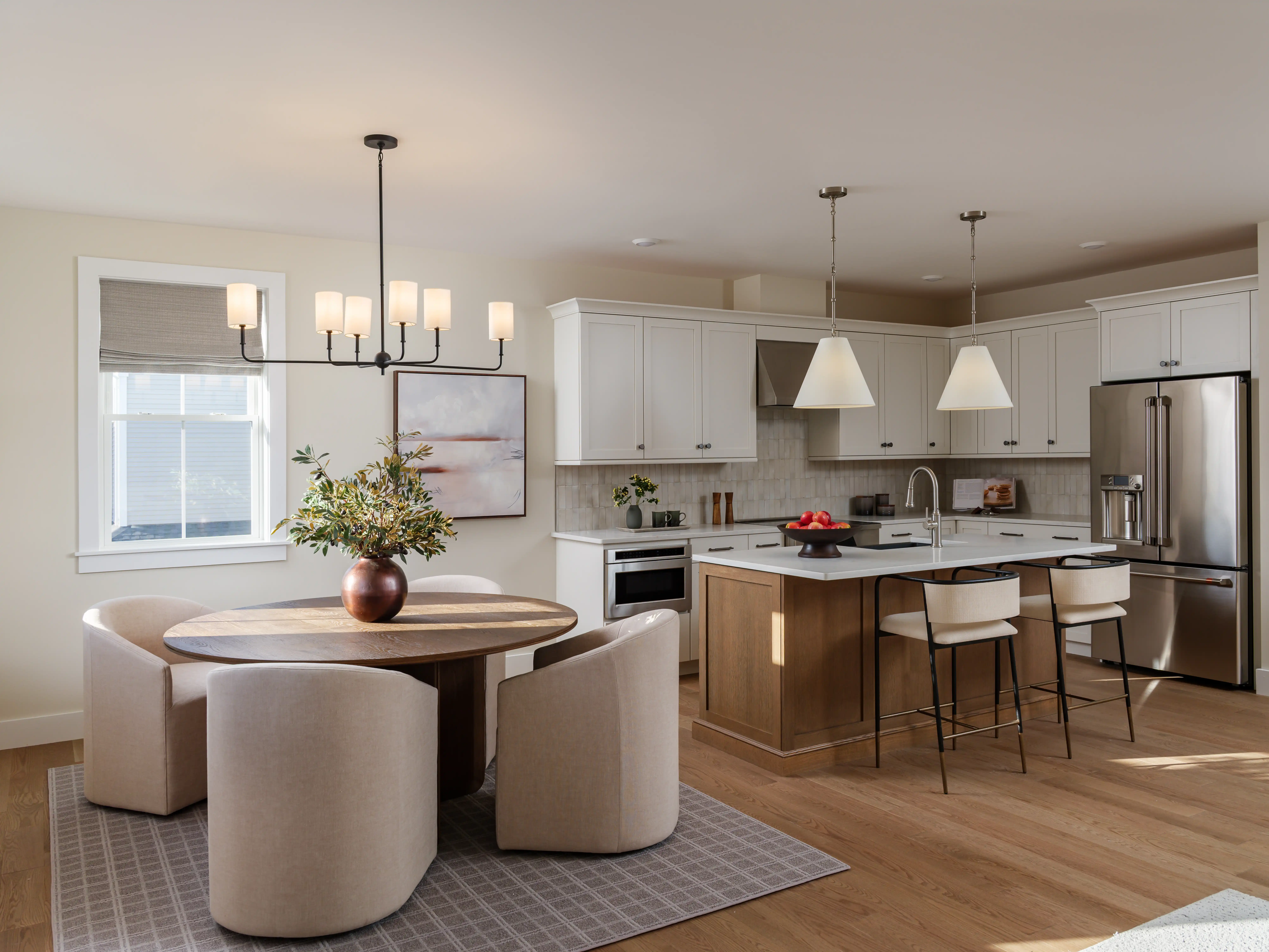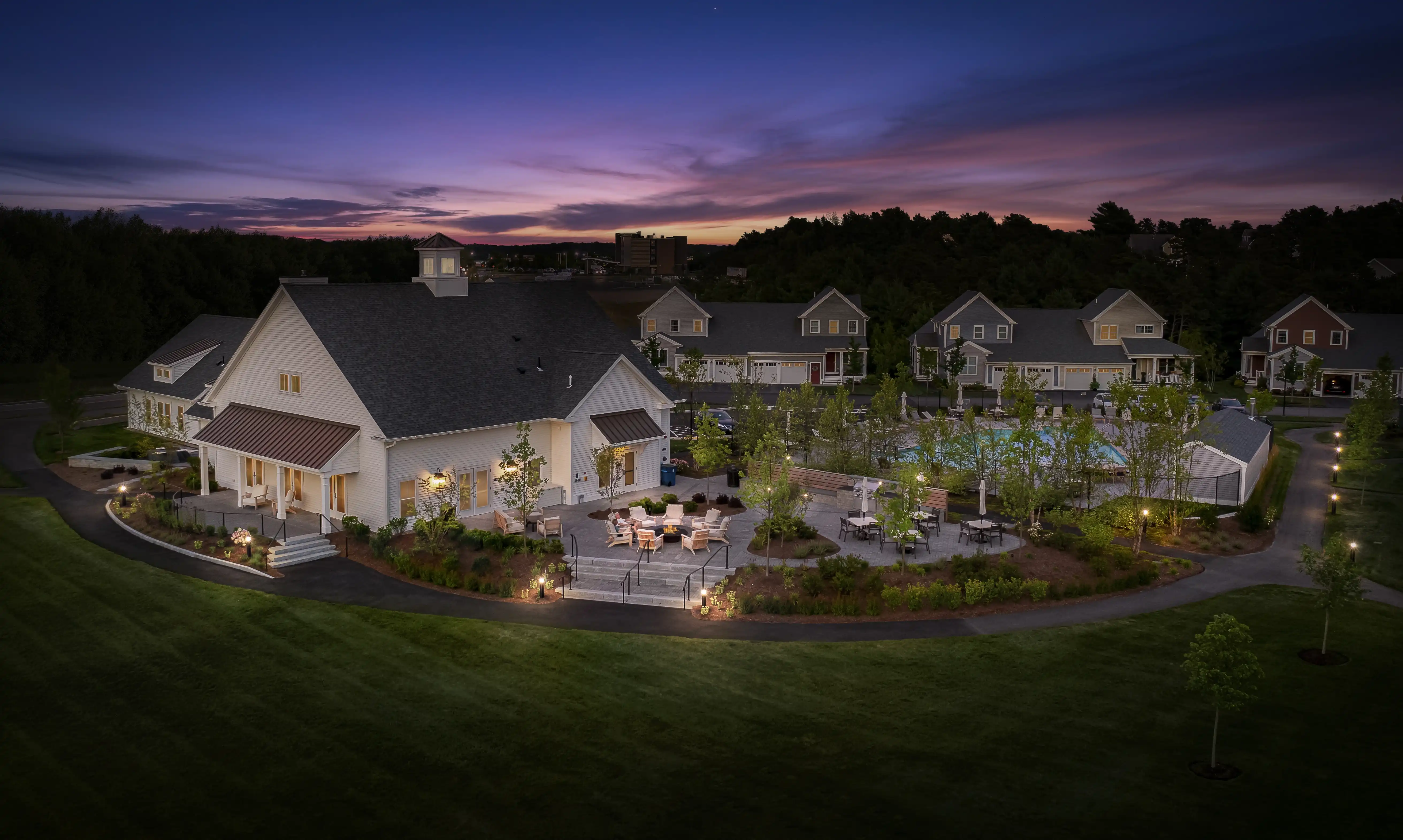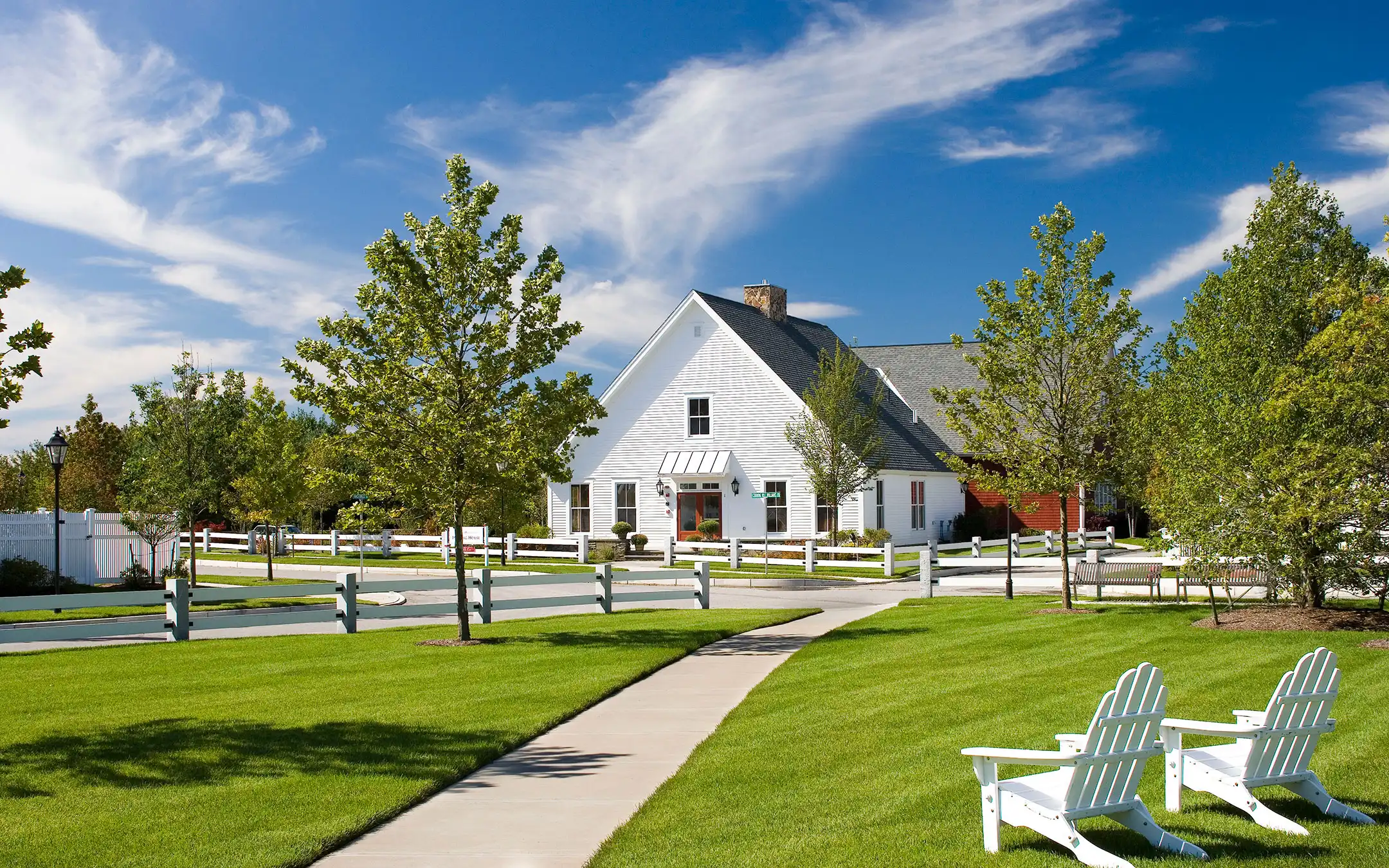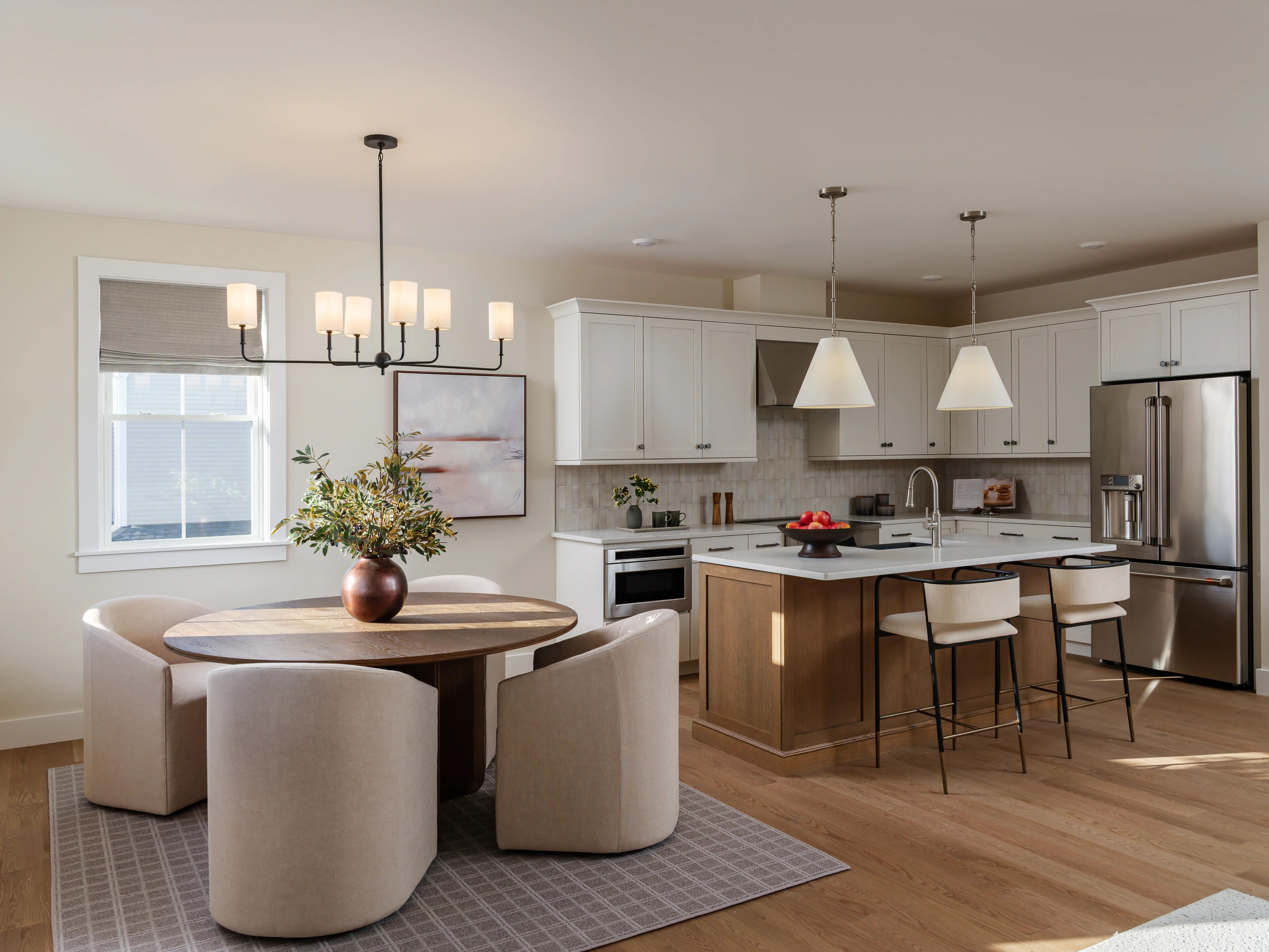The Ultimate Guide to Finding the Best Retirement Community in Massachusetts
If you're considering a retirement community in Massachusetts, you've got plenty of options to explore. From vibrant independent living spaces to supportive assisted care facilities, each choice offers unique benefits that can enhance your lifestyle. However, maneuvering through these options can be complex. Understanding what to prioritize—like amenities, location, and community activities—can make all the difference. As you think about what matters most, you'll want to uncover key insights that could lead you to your ideal community. What should you be looking for as you begin this important journey?
Overview of Retirement Communities in Massachusetts
When considering a retirement community in Massachusetts, you'll find a variety of options tailored to different lifestyles and preferences. From vibrant active adult neighborhoods to serene independent living arrangements, each community focuses on enhancing your quality of life. As you explore senior living in the Bay State, you'll notice a strong emphasis on wellness, ensuring that both physical and mental health are prioritized. Many retirement communities in Massachusetts offer a range of care services, giving you peace of mind as your needs change over time. Whether you're looking for assistance with daily activities or want a completely independent living experience, you can find a community that matches your requirements. Some developments provide on-site healthcare facilities and wellness programs designed to keep you active and engaged. You'll also discover that social connectivity is a key feature in these retirement communities. Engaging activities, clubs, and events foster a sense of belonging and camaraderie among residents. This vibrant social life can greatly enhance your overall well-being. As you navigate your options, keep in mind the importance of location, amenities, and the community's culture. Massachusetts offers picturesque settings, rich history, and convenient access to shopping, dining, and recreational activities.
Understanding Retirement Communities
When it comes to retirement communities, you've got options tailored to your lifestyle. From active adult neighborhoods to more managed care facilities, each type offers unique amenities and social opportunities. Understanding these differences can help you choose the right fit for your retirement needs.
Types of Retirement Communities
Often, retirees find themselves exploring a variety of retirement community options that cater to their unique lifestyles and preferences. Understanding the different types can help you make an informed choice. Independent living communities offer a vibrant lifestyle for those who want to maintain their autonomy while enjoying a supportive environment. These communities typically provide amenities like social activities, dining options, and transportation services, ensuring you stay active and engaged. On the other hand, if you need more assistance with daily activities, assisted living communities might be the right fit. They provide personalized services, such as help with bathing, medication management, and meal preparation, while still promoting independence. Some retirement communities blend both independent and assisted living options, allowing you to shift smoothly as your needs change. This flexibility can be beneficial for couples who may have different levels of care requirements. Ultimately, when exploring retirement communities, consider your lifestyle, the services provided, and the social opportunities available. Finding the right community can greatly enhance your retirement experience, ensuring it's as fulfilling and enjoyable as possible.
Popular Locations in Massachusetts
When you're considering retirement communities in Massachusetts, Plymouth stands out as a popular choice. Plymouth offers convenient access to Cape Cod without the hassle of crossing the canal bridges, making it an ideal location for enjoying the region’s coastal charm. With a range of neighborhoods offering various amenities, it's easy to see why many retirees are drawn to this vibrant area. From active adult communities to family-friendly developments, Plymouth has something for everyone looking to enjoy their golden years.
Retirement Neighborhoods Communities in Plymouth
If you're considering active adult living options, Plymouth offers some fantastic retirement neighborhoods. Communities like Thorndike Development’s Summer Reach, Alden’s Reach, and Sawyer's Reach provide modern amenities and a vibrant lifestyle tailored for those aged 55 and over. You'll find well-designed homes and plenty of opportunities to engage with neighbors in these welcoming environments.
Active Adult Living Options
As you explore retirement living options in Massachusetts, you'll find that Plymouth is home to some of the most desirable active adult communities. These communities offer various homes tailored for your lifestyle, promoting social engagement and outdoor activities. With amenities like walking trails and clubhouses, you'll enjoy a vibrant community atmosphere that enhances your active adult living experience in beautiful Plymouth.
Types of Retirement Communities
Exploring the various types of retirement communities can help you find the perfect fit for your lifestyle. When considering retirement, it's vital to understand the different community options available, each catering to unique needs and preferences. Independent living communities are ideal for those who seek an active lifestyle while enjoying the perks of community living. These communities typically offer amenities that promote social engagement and health management, such as fitness classes, organized activities, and communal dining. If you're looking for a more supportive environment, assisted living communities provide assistance with daily activities while still promoting independence. Here, you'll find staff available to help with medication management, personal care, and additional health services, ensuring you can enjoy life without stress. For those requiring specialized care, memory care communities focus on residents with Alzheimer's and other forms of dementia. These communities are designed to create a safe environment that supports cognitive health while providing tailored activities to enhance quality of life. Lastly, continuing care retirement communities (CCRCs) offer a continuum of care, from independent living to skilled nursing facilities. This flexibility allows you to shift smoothly as your health needs change, ensuring you remain in a familiar environment.
Assessing Amenities and Services
When you're choosing a retirement community, evaluating the essential features can make a big difference in your quality of life. Look for amenities that cater to your lifestyle, like fitness centers, walking trails, and social spaces. These services not only enhance convenience but also foster a sense of community among residents.
Essential Community Features
When choosing a retirement community, you'll want to evaluate the amenities and activities available to you. Look for features that enhance your lifestyle, like fitness centers, walking trails, and social clubs. These offerings can make a significant difference in how you enjoy your time in the community.
Amenities and Activities Offered
Offering a diverse range of amenities and activities, retirement communities in Massachusetts cater to the varied interests and lifestyles of their residents. You'll find fitness centers, walking trails, and social clubs that enhance community living. Engaging activities, from art classes to gardening, foster connections among residents. Each development prioritizes your comfort, ensuring a vibrant and fulfilling retirement experience tailored to your needs.
Financial Considerations
Maneuvering the financial aspects of choosing a retirement community in Massachusetts can feel overwhelming, but understanding the costs and potential savings can make the process easier. Begin by gathering thorough information about the community you're evaluating. Look into the monthly fees, property taxes, and any additional costs like maintenance or association fees. These can vary greatly depending on the area and the amenities offered. Evaluate your budget and determine what you can comfortably afford. Many retirement communities offer different pricing structures, such as buy-in fees and monthly rents, so it's essential to understand which option suits you best. Don't forget to take into account the long-term financial implications, including possible appreciation or depreciation of the property value. Another important factor is the community's financial stability. Research the developer's reputation and history, ensuring they've a strong track record of delivering quality properties and maintaining their communities. Inquire about potential financial assistance programs or incentives, as some communities provide options designed to help retirees manage costs. Lastly, weigh the potential savings that might come from living in a retirement community. With access to amenities like fitness centers, social activities, and sometimes included utilities, your overall expenses might be lower than maintaining a standalone property.
Community Activities and Engagement
In retirement communities, you'll find a vibrant array of social events and clubs tailored to your interests. These activities not only keep you engaged but also foster connections with your neighbors. Whether you enjoy crafting, book clubs, or fitness classes, there's something for everyone to enjoy.
Social Events and Clubs
In retirement communities, social events and clubs offer you a chance to connect with neighbors and engage in shared interests. Whether it's joining a book club, participating in fitness classes, or attending community dinners, there are plenty of opportunities to stay active and involved. These activities not only enrich your daily life but also help foster lasting friendships.
Activities and Engagement Opportunities
While exploring retirement communities in Massachusetts, you'll find that activities and engagement opportunities play an essential role in fostering a vibrant lifestyle. These neighborhoods often offer diverse activities, from fitness classes to art clubs, ensuring there's something for everyone. With high-quality amenities and social events, you'll easily connect with others, creating a strong sense of community and enhancing your overall retirement experience.
Visiting Potential Communities
When exploring potential retirement communities in Massachusetts, you'll want to contemplate several factors that can greatly impact your living experience. Start by visiting the communities you're interested in. This firsthand experience is invaluable as it allows you to gauge the atmosphere and layout. Notice how the community feels—do residents seem engaged and happy? Check out the amenities offered, such as fitness centers, walking trails, or community gardens. These features can enhance your daily life and foster connections with neighbors. Take time to explore the town surrounding each community. Local attractions, shopping, and dining options can considerably influence your lifestyle. Make sure the town meets your needs and preferences. If you have specific nursing or memory care needs, inquire about the facility's access to those services. Knowing that quality care is available can provide peace of mind for you and your family. During your visits, don't hesitate to ask questions about the community's management and activities. Understanding how the community is run can help you envision yourself living there. Consider whether they offer organized social events or volunteer opportunities, as these can help you create lasting memories with fellow residents.
Talking to Current Residents
Connecting with current residents can provide invaluable insights into the daily life and atmosphere of a retirement community. When you talk to them, you'll gain a clearer picture of what to expect, from the amenities to the overall vibe of the village. Here are a few key topics to discuss:
> Living Arrangements: Ask about the different types of units available, including their layout and whether they offer features like walk-in baths or accessible bedrooms
> Community Support: Inquire about the level of care residents receive. Understanding how staff and neighbors support one another can help you assess the community's approach to wellness and companionship
>Activities: Find out what social events and activities are regularly organized. Residents can share their favorite pursuits, from fitness classes to arts and crafts, helping you gauge how engaged and active the community is
Residents often share their personal experiences, giving insight into daily life that brochures and websites can't capture. You'll learn about the friendships formed over shared meals or community outings, and how easy it's to settle into the rhythm of life in the community. Ultimately, having these conversations can help you decide if this retirement community fits your needs and lifestyle. So, don't hesitate to chat with those who already call the village home; their opinions can be incredibly valuable as you explore your options.
Making the Final Decision
As you weigh your options for a retirement community, it's vital to reflect on what truly matters to you and your lifestyle. Consider your needs regarding sqft, as this will affect your comfort and mobility. Look for spaces that provide the right amount of room for your belongings and activities, whether you prefer cozy quarters or more expansive areas. Next, think about the amenities that resonate with you. A community with a gallery showcasing local art or a well-rated dining option can enhance your living experience. Food is an essential part of daily life, so assess the culinary offerings. Are there healthy options? Do they cater to specific dietary needs? Gather feedback from current residents about their experiences, which can serve as a valuable statement about the community's quality of life. Check the ratings of the communities you're considering; these scores can help you gauge overall satisfaction and amenities provided.
Frequently Asked Questions:
1) What Types of Retirement Communities Does Thorndike Development Offer?
Thorndike Development designs and builds thoughtfully planned 55+ active adult communities throughout Massachusetts, particularly in Plymouth, the South Shore, and surrounding areas. These communities are tailored to meet the needs of retirees and empty-nesters who want to enjoy low-maintenance, community-oriented living. Homes are designed with one-floor living, energy efficiency, and accessibility in mind, while neighborhoods are walkable and foster strong community interaction. Each development emphasizes quality craftsmanship and a blend of traditional New England charm with modern convenience
2) What Are the Average Home Sizes in Massachusetts Retirement Communities?
In Massachusetts retirement communities, average home sizes typically range from 1,200 to 2,000 square feet. You'll find various options, including single-level homes, duplexes, and condos, catering to different preferences and lifestyles. These homes often feature open floor plans, modern amenities, and low-maintenance designs, allowing you to enjoy your retirement without the hassle of extensive upkeep. When exploring communities, keep your space requirements and lifestyle needs in mind for the best fit
3) Are Pets Allowed in Retirement Communities in Massachusetts?
When considering a retirement community in Massachusetts, check the specific pet policies. Many communities do allow pets, but there might be restrictions on size, breed, or the number of animals you can have. You'll want to ask about pet amenities, like parks or walking areas, as well. Ensuring your furry friend can enjoy the new environment with you can make a big difference in your overall happiness and comfort in your new home
4) Are There Any Age Restrictions for Residents?
Yes. Thorndike’s active adult communities are designated 55+ communities under HUD guidelines. In most cases:
- At least one resident must be 55 years or older.
- Up to 20% of homes may be sold to individuals under 55 (usually age 45+).
- All permanent residents must be over 18 years of age.
- Children under 18 can visit and stay temporarily, but typically not for more than 90 days in a calendar year.
These rules help maintain a quiet, adult-focused environment while still accommodating family visits.
Conclusion
Finding the right retirement community in Massachusetts can greatly enhance your golden years. By exploring various options, understanding the amenities, and engaging with current residents, you'll feel more confident in your decision. Remember to visit potential communities and consider how they align with your lifestyle preferences. With the right approach, you'll discover a vibrant and supportive environment that meets your needs, ensuring a fulfilling retirement experience. Enjoy this exciting new chapter of your life!
Also Read:
Retirement Community Living in Plymouth
Exploring Over 55 Communities in Massachusetts
What It’s Like to Live in a 55+ Community in Plymouth
How to Find the Right Retirement Community on the South Shore
Explore the Best Active Adult Communities Plymouth Has to Offer
The Perks of Living in an Active Adult Community in Massachusetts
Less Maintenance, More Life: Inside Today’s 55 Plus Condos for Sale
